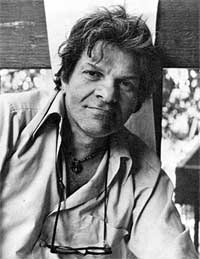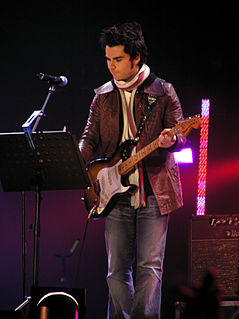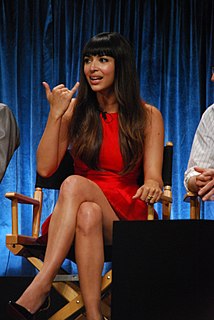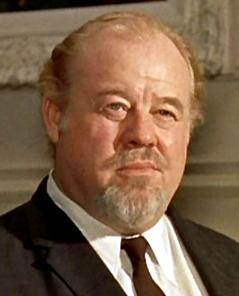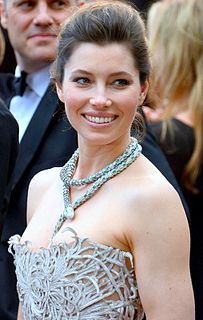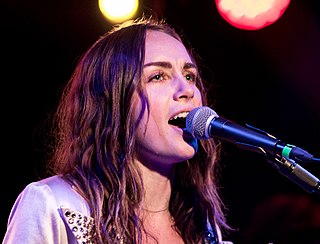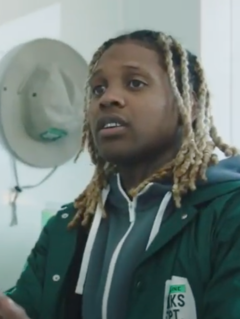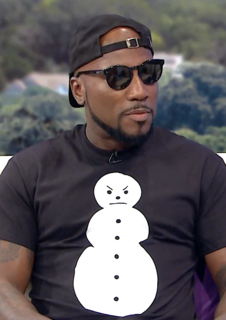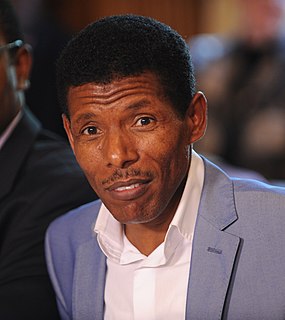A Quote by Gregory Corso
My father took me back home, back to Greenwich Village, and he thought by taking me out of the orphanage he'd be out of the World War too. But no way - they got him anyway. He went in the Navy and then I lived on the streets.
Related Quotes
Every song I've written, it's about what I've gone through, good or bad. It kind of comes out of me, and I'm grateful for that. I've got friends who are back home who've got no way to express that, and they're kind of in a different position in life. It's alarming to me that I've written something on my bedroom floor when I was 19 or something, and then there's 50,000 people that know the words, and they've got a similar feeling. If you thought about it too much, your head would blow up.
I move countries every three or four years. I was born in London, and we lived in Canada. Then we lived in Saudi Arabia until the Gulf War broke out, when we were forced to leave. Then we hop-scotched for a while from Holland back to Canada back to Saudi Arabia. Then there was D-day, so we had to get out again.
Before I began The Cider House Rules, I thought I wanted to write about a father-son relationship that was closer, more conflicted, and ultimately more loving, than most. Then I began to think of a relationship between an old orphanage director and an unadoptable orphan - a kid who goes out into the world and fails and keeps coming back, so that the old guy ends up with someone he's got to keep.
I think festivals are way more easygoing than back-to-back tours are. 'Cause for me, when you get to go to a festival, you get to hang out all day, and you're really taken care of, and there's usually a little artist village where all the artists have their own tents, and it's catered, and then you go and play an hour-long set depending on where you are on the lineup. And then you go back and you hang out and you even get to go watch other artists play. So it's really just a fun interactive experience for everybody.
I been living down in Atlanta, but everyone back home has been in my thoughts, especially those doing something for the community and all the neighborhood heroes. I thought about all the first responders putting their lives on the line to help out and it inspired me, so I took a jet back to Chicago to show my thanks.
I suddenly remember being very little and being embraced by my father. I would try to put my arms around my father's waist, hug him back. I could never reach the whole way around the equator of his body; he was that much larger than life. Then one day, I could do it. I held him, instead of him holding me, and all I wanted at that moment was to have it back the other way.
Do you ever think of moving back?" "To Coldwater? Heck, no. England suits me fine. These Brits love my accent. The first time Gavin asked me out it was just to hear me talk. Lucky for him, it's one of the things I do best." All teasing left her eyes. "Too many memories back home. Can't drive down the street without thinking I see Scott in the crowd.
I, and others like me - trap stars - we always considered ourselves Robin Hoods: we go out and get the money. Just think, if you was in the village and you a hunter, you take pride in going out to hunt the prey and bring it back for the village to eat. In our situation, we took pride in getting money so that the hood could eat.
